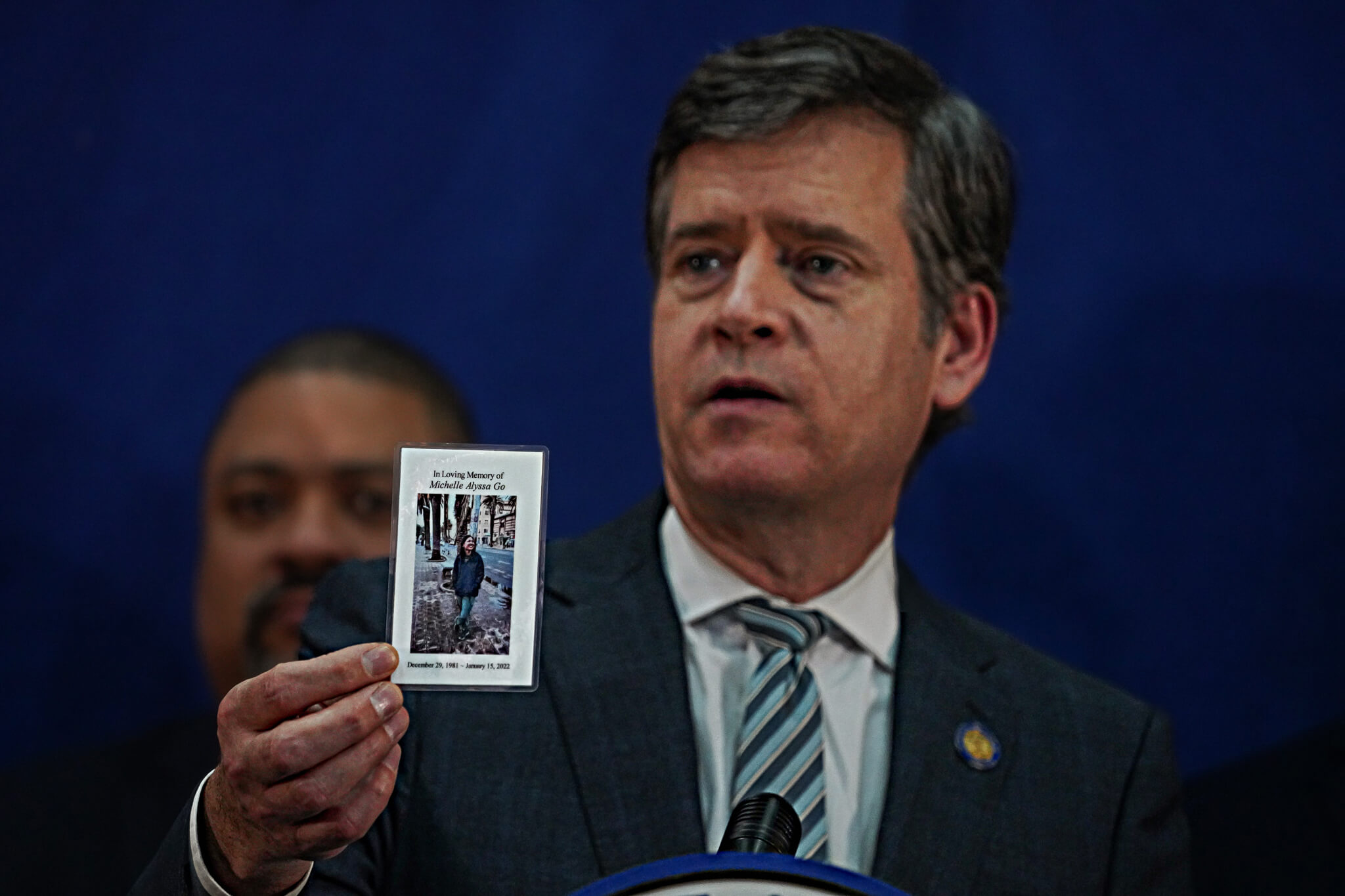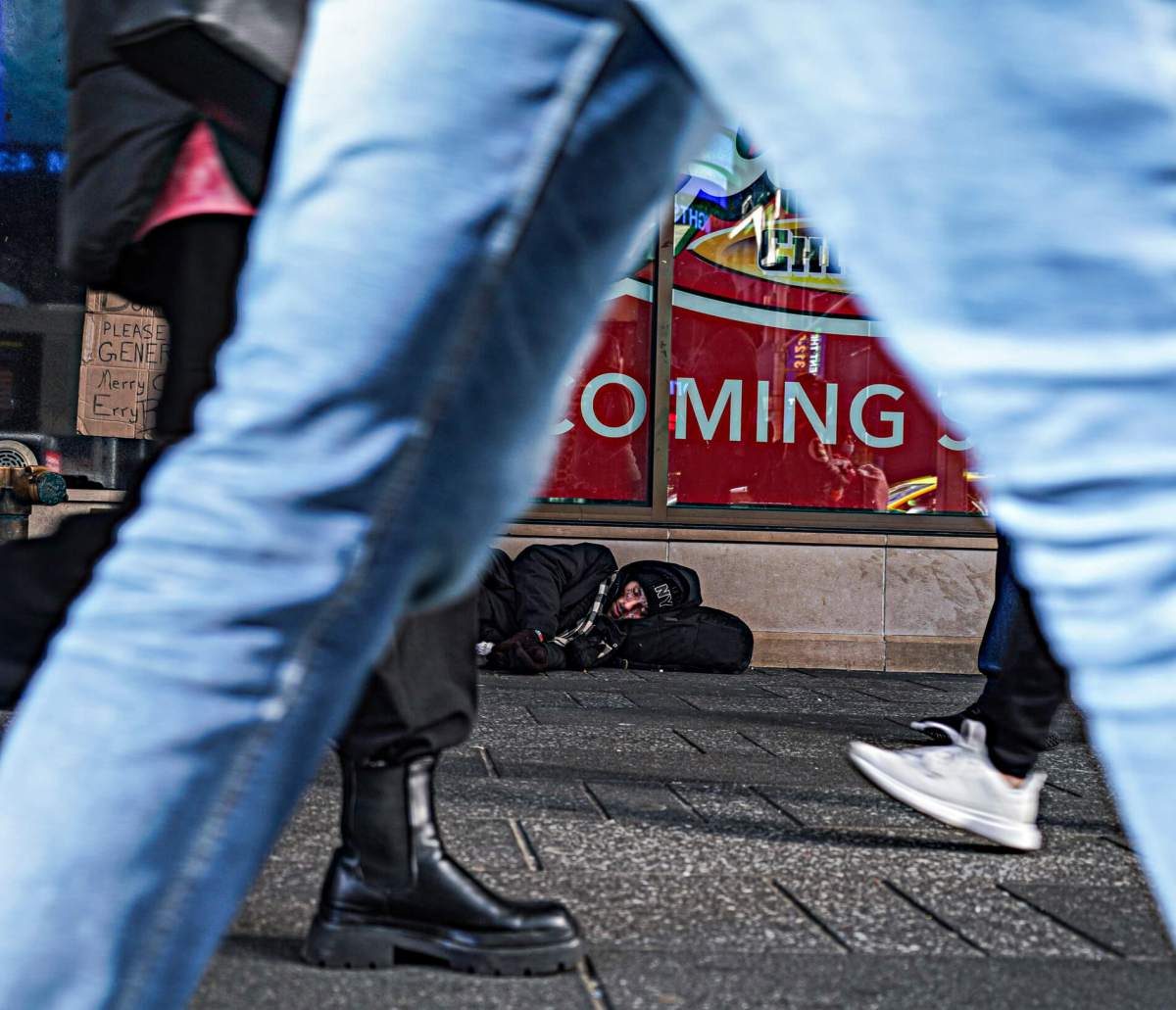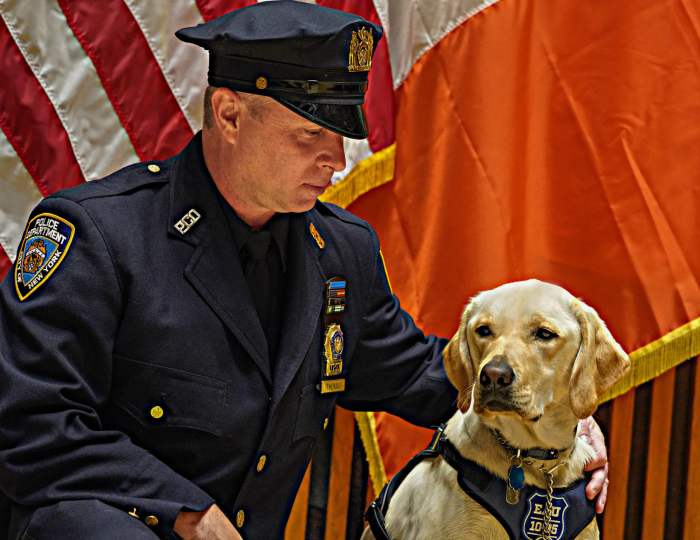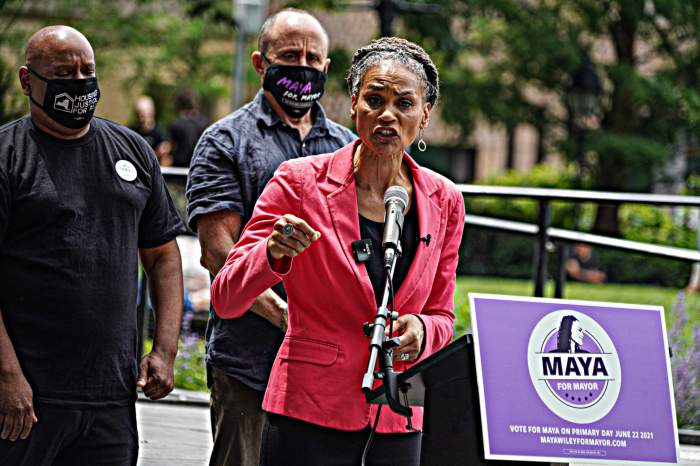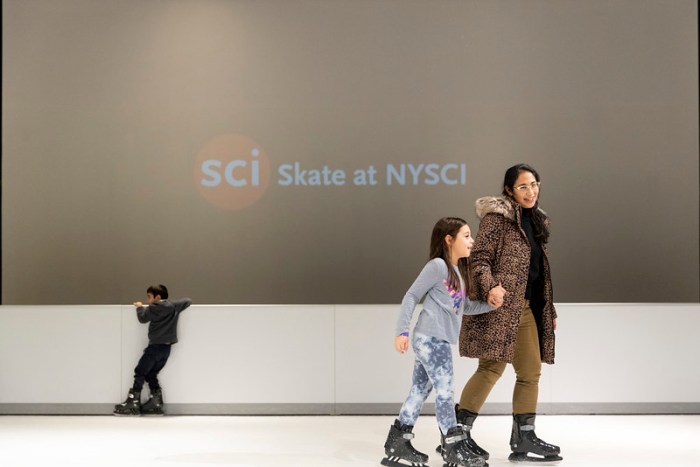Manhattan District Attorney Alvin Bragg announced Wednesday a $9 million rollout of extensive mental illness outreach services focusing on Manhattan neighborhoods.
Bragg chose his words carefully on Dec. 14 but made it abundantly clear that his new program is a distinct contrast to Mayor Eric Adams’ push to have those suffering from mental illness and are unable to care for themselves involuntarily hospitalized.
The DA’s two-part initiative, called “Neighborhood Navigators,” engage homeless individuals throughout Manhattan who battle with mental health and substance abuse issues by building relationships before offering them services. According to Bragg, a team of about 36 individuals will be carrying out the new approach.
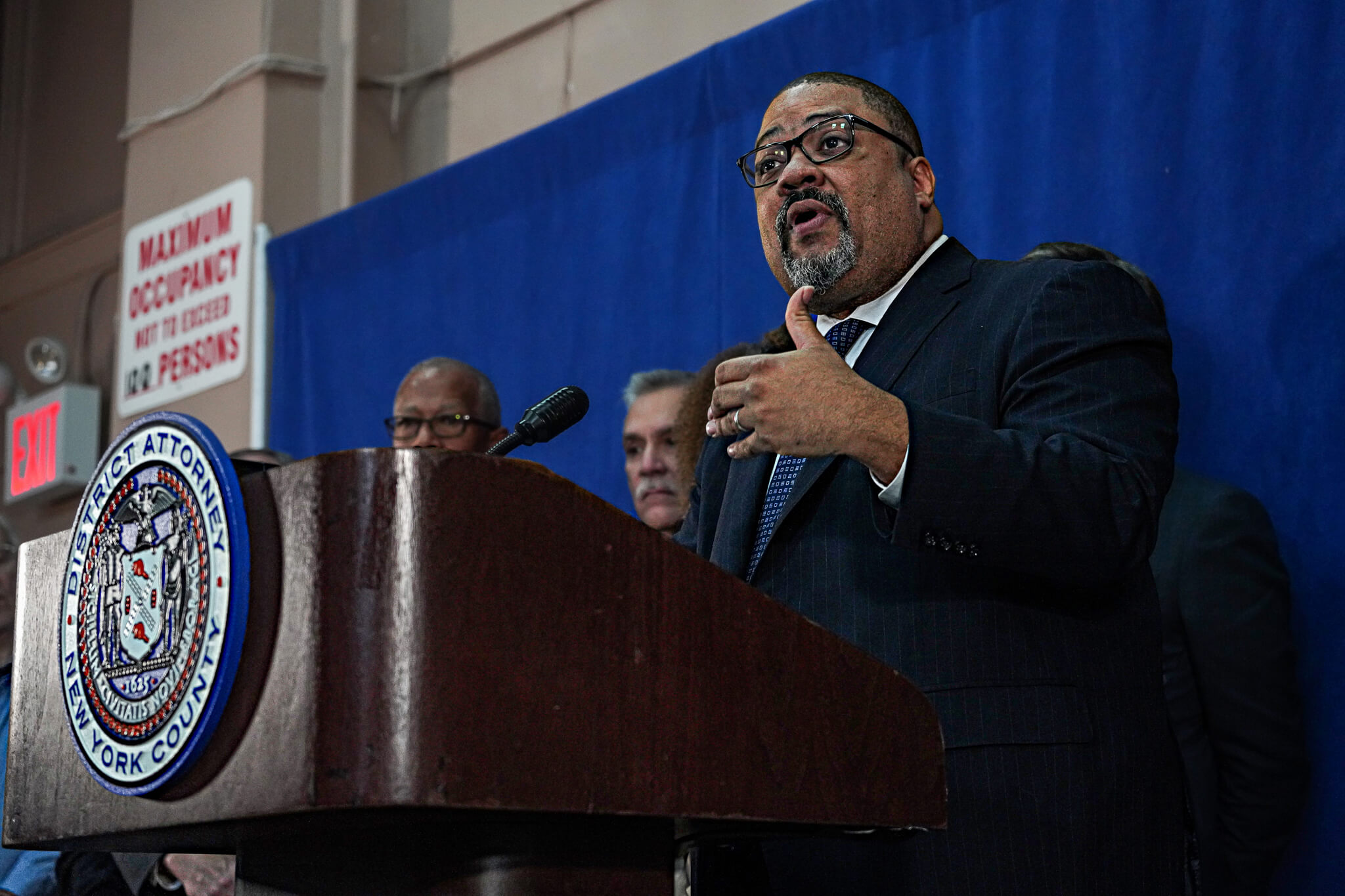
“Think about a navigator out in our communities, introducing themselves to a person who is sleeping in a park, panhandling, perhaps yelling at no one in particular,” Bragg explained. “Maybe the navigator offers them a cup of coffee, or a slice of pizza, initiates a contact, all towards gaining and building trust. Perhaps the next day returns, on a cold day like today, offers a cup of hot tea and gloves and maybe some more food.”
Bragg declared the process is all about building connections and relationships could lead to information sharing, such as medical issues that the navigators could then help treat.
While the first portion of the program aims to focus on care and prevention, the second half is issued to offer resources after a crime has been committed and will begin in January 2023. Dubbed “Court-Based Navigators,” the goal of this team will be to offer mental health and substance abuse treatment that may have led to an individual committing a crime in the first place
“And we see it in court, and if anyone wants to see the shortcomings of our mental health system, come on down to Manhattan criminal court or any of the criminal courts, and you will see our array of people with various needs that caused them in large part to end up in criminal court,” Bragg said.
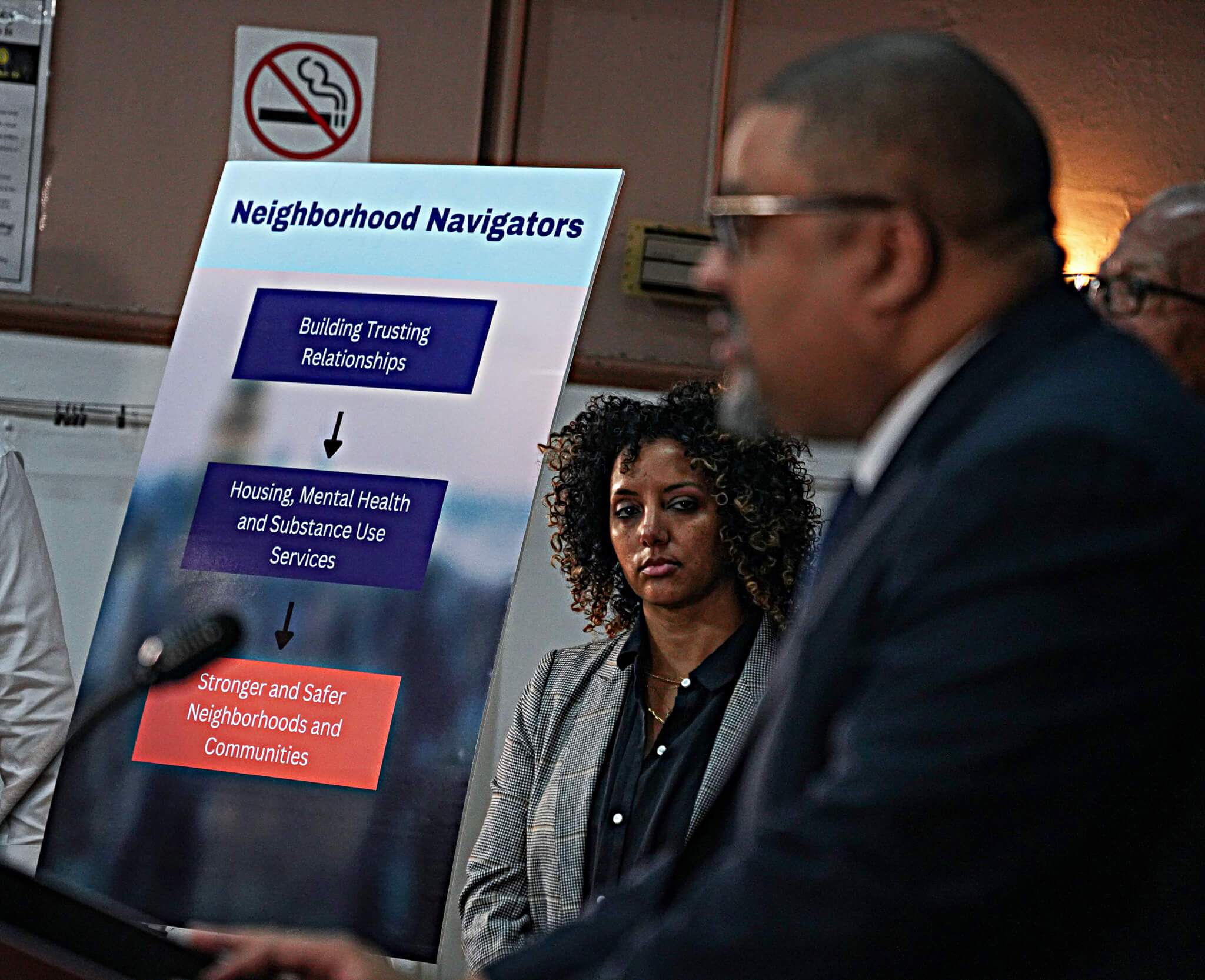
Bragg charged that the process will be entirely voluntary, and designed to make the streets safer for both those suffering with mental illness and community members.
When asked if Bragg or a gaggle of politicians who joined the DA for the announcement support the mayor’s involuntary practice, they refused to raise their hands. Bragg did, however, state that his outreach approach is in no way a response to the mayor’s.
Several City Council members and state senators championed Bragg for the approach, including Gale Brewer, Shaun Abreu, Carlina Rivera, Brad Hoylman, and more.
Hoylman lifted a funeral card for 40-year-old Michelle Go, who on Jan. 15 of this year was pushed in the path of an oncoming train and allegedly killed by Martial Simon.
“Her service just two blocks from here and I think it’s a reminder of the failed system that in which we operate, in which we asked our community to endure, and which points the direction towards much needed changes both here at the city level and of course in Albany. I just want to thank the district attorney for putting so much resources into this program,” Hoylman said.
